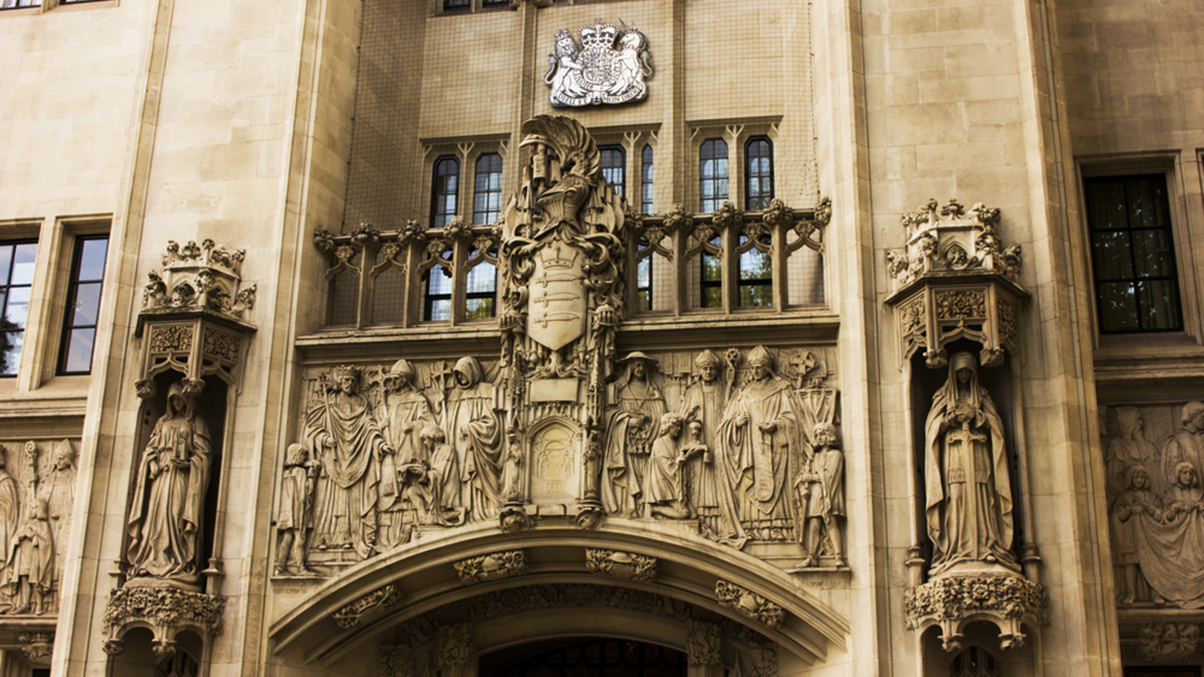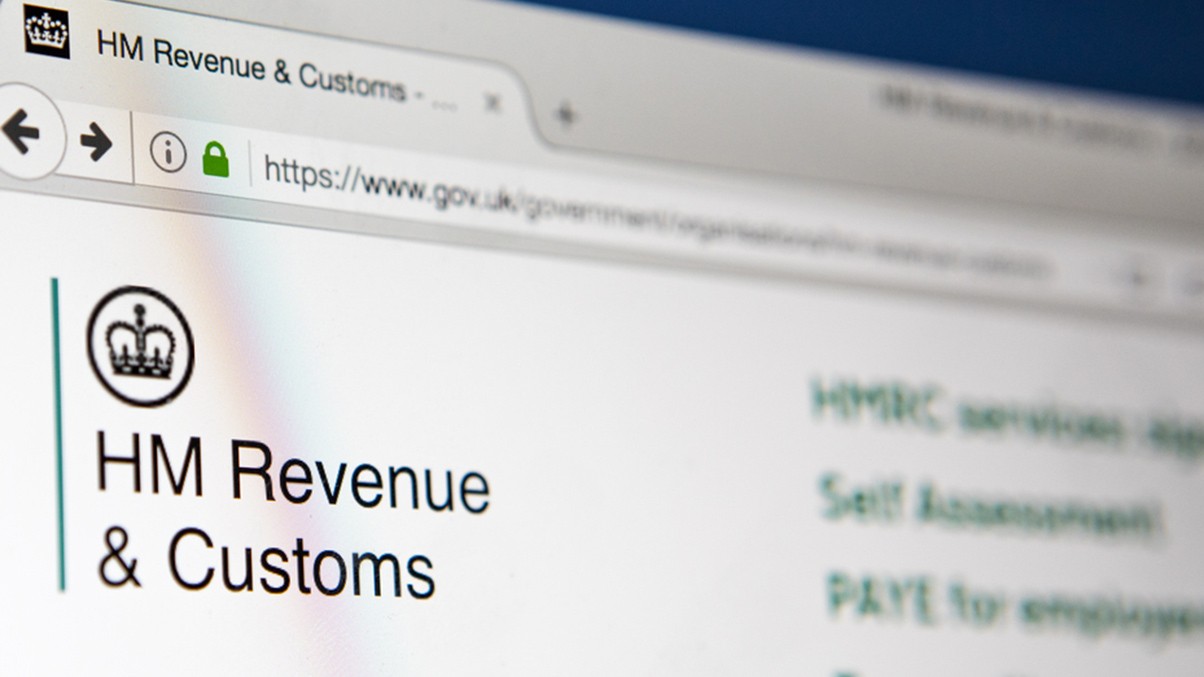In the latest development in the long running Brake v Guy litigation saga, the High Court has allowed an application by the Guy Parties for an order under regulation 7(2)(b) of the Debt Respite Scheme (Breathing Space Moratorium and Mental Health Crisis Moratorium) (England and Wales) Regulations 2020 (“the 2020 Regulations”). The order is for permission to take steps to enforce a third party debt order during a Mental Health Crisis Moratorium. It is thought to be the first reported judgment on the construction regulation 7(2)(b).
The parties are now required to comply with a third party debt order made earlier this year, despite both Mr and Mrs Brake being in Mental Health Crisis Moratoriums. The judgment provides guidance on how the court will determine whether it should make an exception to the prohibition on taking enforcement action during a mental health crises moratorium in relation to a “moratorium debt”. Partner Tim Symes and associate Elisa Wahnon review the judgment in this article, first published in Lexis PSL.
Case background
The parties have been locked in large-scale litigation since the breakdown of the former employment relationship between them in November 2018. The claim in which this application was made was brought by the Brakes against the Guy Parties in respect of alleged misuse of confidential information and infringement of privacy. The Brakes’ claim was unsuccessful at first instance and on appeal.
Following the appeal, the Brakes failed to pay an interim payment on account of £70,000 that was due to the Guy Parties in respect of their costs. On 4 April 2022, the Guy Parties obtained an interim third party debt order (“TPDO”) in respect of a debt consisting of a personal pension policy owed by the third party to Mr Brake. The TPDO was made final on 30 May 2022 and involved the grant of an injunction requiring Mr Brake to draw down his remaining pension entitlement from the third party.
Mr Brake was required to take a number of steps to draw down his pension. Mr Brake completed the first step (asking HMRC for confirmation of his tax code) but Mrs Brake (acting as the advocate for the couple) then requested that further steps be postponed until 27 August. The court refused the extension request.
On 30 August 2022, Mrs Brake wrote to the Guy Parties’ solicitors to say that she had entered into a “mental health crisis moratorium” under the 2020 Regulations (which the court clearly distinguished from a “breathing space moratorium”). Mr Brake had also entered into a mental health crisis moratorium the previous year.
Against this background, the Guy Parties applied under regulation 7(2)(b) of the 2020 Regulations for permission for the parties to comply with the TPDO, and for the defendants to enforce the TPDO in the event of non-compliance.
What did the court decide?
Regulation 7(2)(b) provides that a moratorium prohibits a creditor from taking any steps (including enforcement action) in respect of any moratorium debt unless the court gives the creditor permission to do so. The court may grant such permission only when three conditions are satisfied: (1) it is reasonable to allow the creditor to take the step; (2) the step will not be detrimental to the debtor to whom the moratorium relates; and (3) the step will not significantly undermine the protections of the moratorium.
Reasonableness: the court decided that it would be entirely reasonable to permit the continued enforcement of the TPDO. In coming to this conclusion, the court took into account that the enforcement action was already nearly complete, and that none of the remaining steps involved Mrs Brake. The court also took into account that the Brakes deliberately delayed the steps required of them to implement the TPDO in order for Mrs Brake to enter into her own moratorium.
Detriment: The term “detriment” was not confined to financial detriment and could include mental health detriment. Nonetheless, the court was satisfied that the enforcement of the TPDO would not be detrimental to Mrs Brake. The court took into consideration that the pension policy was already frozen and it was therefore not the enforcement of the TPDO that reduced the assets available to her, but the effect of the TPDO itself.
Undermining the protection of the moratorium: the court did not consider that permitting the enforcement of the TPDO would undermine the protection of Mrs Brake’s moratorium as no asset which was currently available to Mrs Brake, or from which she could benefit in the future, would be threatened.
What does the judgment mean?
This judgment illustrates that the scope of a mental health crisis moratorium is, to a certain extent, limited. Those seeking to rely on such a moratorium must show the connection between the enforcement action specifically (as opposed to the stress of defending the application, or the wider proceedings generally) and the detriment to their mental health.
It also highlights the importance of getting the clinical evidence right. The medical professional (whether that is an occupational therapist or psychiatrist) must understand the context of the enforcement action to which the moratorium would relate. In this case, HHJ Matthews noted that the occupational therapist appeared not to have appreciated (1) that the enforcement action would be against Mr Brake’s asset rather than Mrs Brake’s, and (2) Mr Brake’s pension was already the subject of the TPDO and would therefore never be available to the Brakes. The clinical evidence was considered weak because of these misunderstandings.
The judgment also emphasises that, even if the three conditions for permission in regulation 7(5) are satisfied, the court still retains discretion: “the court’s decision is not mechanistic, but fact-sensitive”. Therefore, whilst the judgment provides useful guidance on how the court will construe an application under regulation 7(2), ultimately much will turn on the facts of each individual case.
You can find further information regarding our expertise, experience and team on our Insolvency and Asset Recovery page.
If you require assistance from our team, please contact us or alternatively request a call back from one of our lawyers by submitting this form.







